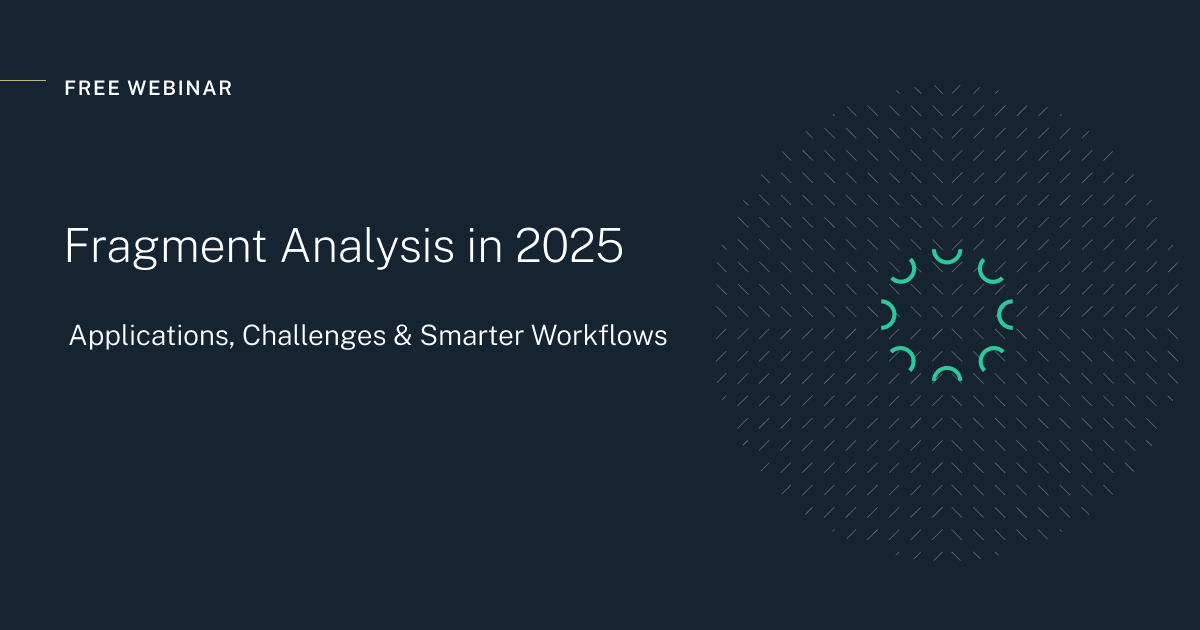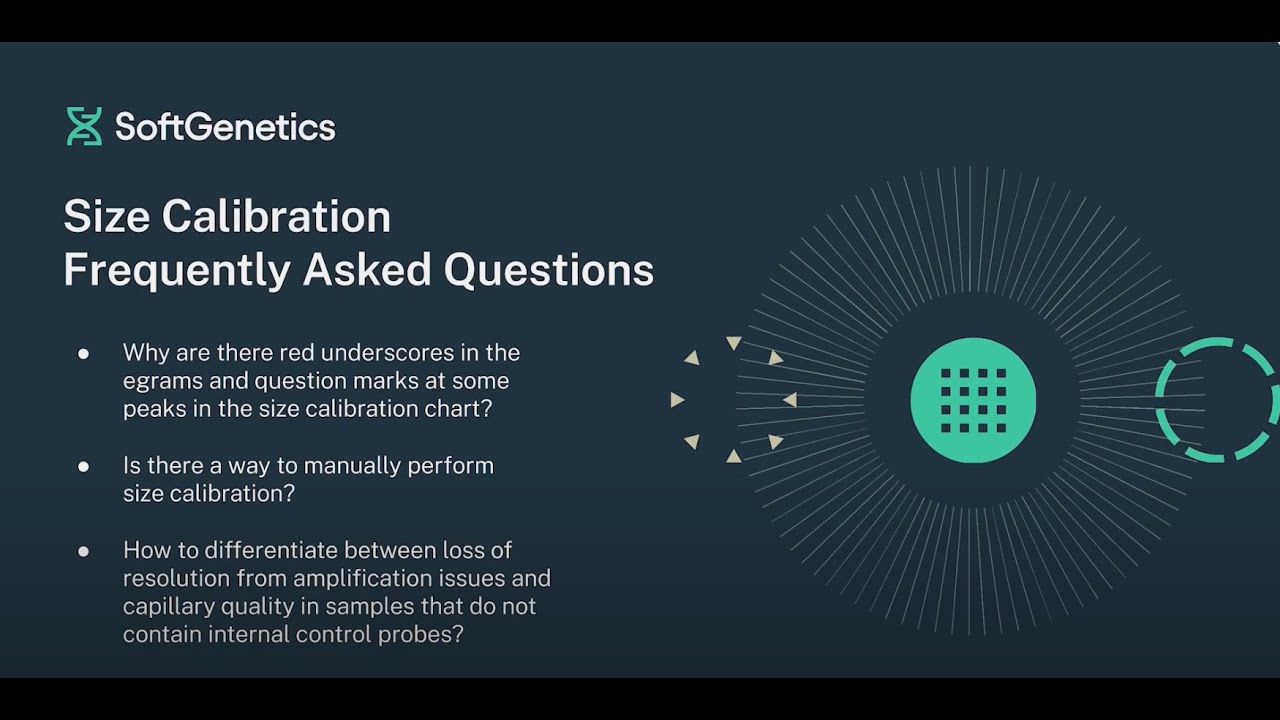Accurate Variant Detection from Long-Read Sequencing
Webinar Playback
Accurate Variant Detection from Long-Read Sequencing Using NextGENeLR
Long-read sequencing technologies, such as those developed by Pacific Biosciences (PacBio) and Oxford Nanopore Technologies (ONT), are revolutionising the way researchers detect genetic variants.
Their ability to sequence entire genes or even chromosomes provides an unprecedented view into complex genomic regions. However, this comes with unique challenges: higher error rates, complex structural variation, and difficulty in detecting certain repeat regions using traditional tools.
In this webinar, Kevin Levan from SoftGenetics provides a comprehensive walkthrough of how NextGENeLR helps overcome common barriers in long-read analysis.
Key Challenges in Long-Read Variant Detection
Long-read platforms introduce a variety of challenges not typically encountered in short-read sequencing:
-
Higher Error Rates: Standard tools often misclassify or miss variants due to insertion and deletion errors, particularly in ONT reads.
-
Complex Structural Variants: Large insertions, deletions, and translocations require specialized algorithms to resolve accurately.
-
Difficult Repeat Regions: STRs and homopolymer stretches—critical in disorders like Huntington’s—are especially error-prone and need targeted solutions.
Key Features
This webinar will guide you through an analysis pipeline using real ONT and PacBio datasets.
1. Importing FASTQ Reads
NextGENeLR accepts basecalled FASTQ files directly from ONT and PacBio platforms. Once imported, alignment is carried out using a tuned long-read-aware algorithm.
2. Variant Filtering and Control Comparison
False positives are reduced by comparing experimental samples to known controls. This subtractive approach removes background noise and highlights disease-relevant variants.
3. Detection of Structural Variants
Levan demonstrated the software’s ability to detect:
-
Large deletions and insertions
-
Translocations across different chromosomes
-
Inversions and complex breakpoints
All of these were visualized in an integrated genome browser, making it easier to review results without third-party tools.
4. STR Detection
NextGENeLR accurately measures the number of repeat units in STR regions such as those associated with:
-
Huntington’s Disease
-
Fragile X Syndrome
-
Other neurodegenerative disorders
This functionality is critical in diagnostic and research settings where repeat expansion length is clinically meaningful.
Use Cases in Research and Diagnostics
The webinar showcased several real-world examples where NextGENeLR made a difference:
-
COVID-19 Research: Detecting large deletions in SARS-CoV-2 genomes for evolutionary tracking
-
Prenatal Testing: Identifying deletions and insertions relevant to inherited disease risk
-
CRISPR Editing: Detecting on-target edits, unintended insertions, and structural rearrangements with high confidence
NextGENeLR: Tailored for Long-Read Precision
NextGENeLR is optimized to handle the unique quirks of long-read data. The software integrates alignment, variant calling, and visualization in a single platform, enabling users to:
-
Detect small nucleotide variants (SNVs) and indels with reduced false positives
-
Identify large deletions, insertions, and chromosomal rearrangements
-
Perform haplotyping across complex regions
-
Accurately call repeat expansions in known disease loci
-
Compare variants to control samples for real-world context
Long-read sequencing opens the door to a more comprehensive view of the genome, but only with the right tools can that potential be fully realized. NextGENeLR empowers researchers and clinicians with accurate, actionable insights from PacBio and Oxford Nanopore data.
Whether you're involved in disease research, diagnostics, or genome editing, this software provides the accuracy and flexibility needed to move confidently from raw data to biological insight.
Get Started with SoftGenetics
Sign up to start your free 35-day trial! No credit card, no commitment required.
Start your free 35-day trial now.
Get started with SoftGenetics today
Start your 35-day free trial















